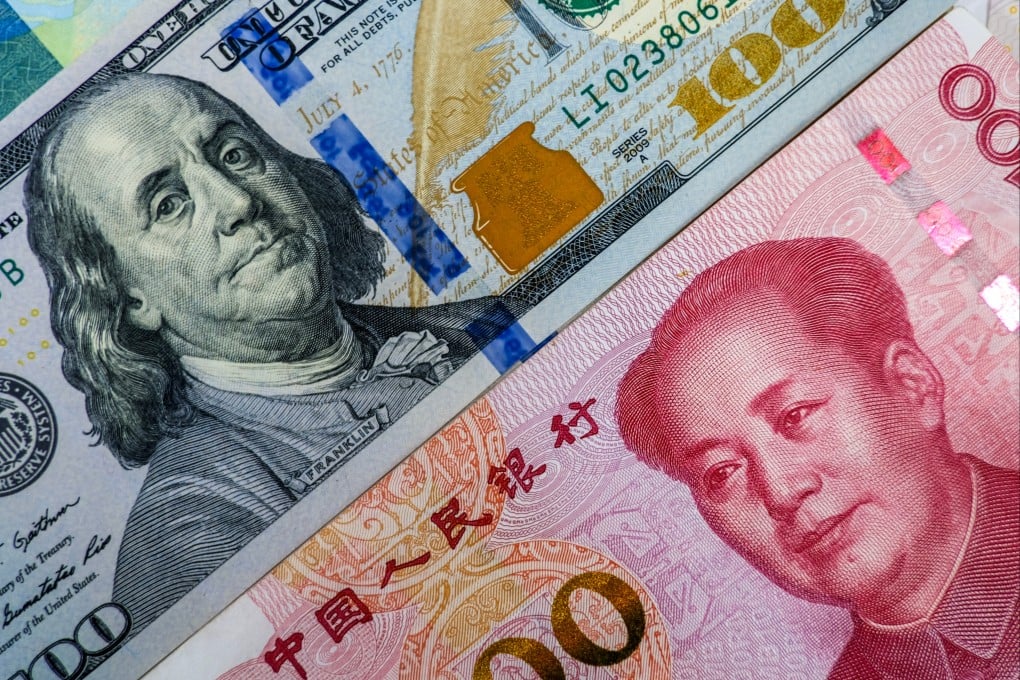China eyes firmer yuan as it eases up on banks’ cash requirements, in fresh bid to prop up economy
- People’s Bank of China will cut the reserve requirement ratio for foreign-exchange deposits from 6 to 4 per cent from September 15
- Cutting the foreign-exchange ratio is one of the tools Beijing can use to defend yuan, and the move is expected to release US$16 billion into the market

In a bid to curb one-sided bets against the yuan, China’s central bank has reduced the amount of money that financial institutions must set aside in reserve – freeing up more money to be loaned out as Beijing ramps up efforts to inject more life into the ailing economy.
The reserve requirement ratio (RRR) for foreign-exchange deposits will be cut from 6 per cent to 4 per cent from September 15, the People’s Bank of China (PBOC) said on Friday.
The cut will “increase the ability of financial institutions to use their forex funds”, the central bank explained.
The move, which had been widely expected, sent a strong signal to the market that Beijing is moving to stem one-sided bets against the yuan.
“This amount is insignificant by itself from a liquidity and USD rates prospective. But more important is the signalling impact – such countercyclical measures never come as singular policies, and the move reaffirmed the PBOC’s decisive stance to curb further weakness of the [yuan] in the foreseeable future,” Becky Liu, head of China Macro Strategy with Standard Chartered, said in a research report on Friday.
The yuan exchange rate has been under pressure in recent months as the world’s second-largest economy has lost steam, while property woes and local debt stress have fanned widespread fears that there could be an outbreak of increased financial risks.
